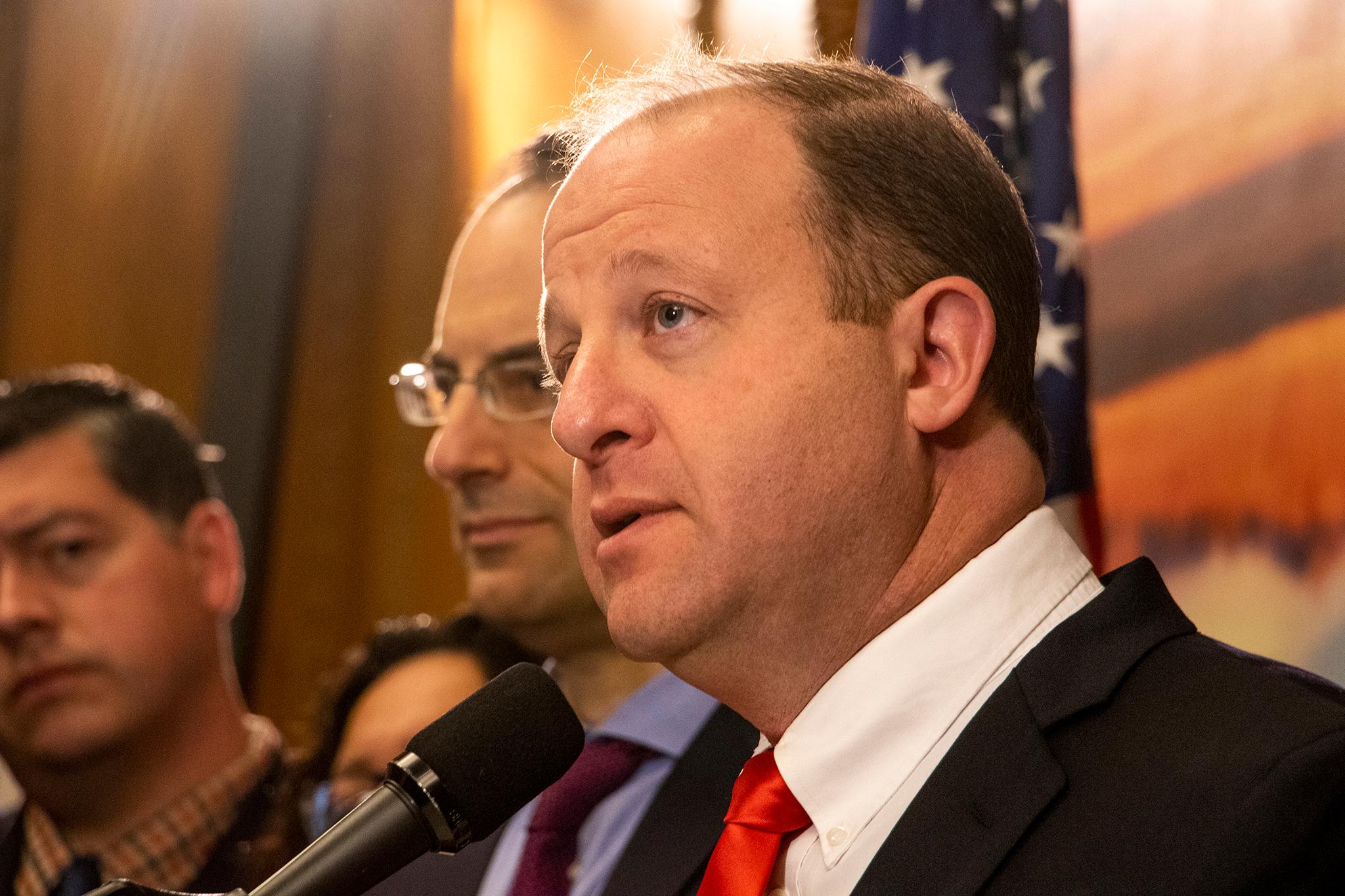
Colorado on Friday joined a compact of states that have pledged to pool their presidential electoral votes for the winner of the national popular vote.
Democratic Gov. Jared Polis signed into law a bill under which Colorado joins 11 other states and the District of Columbia in what's called the National Popular Vote Interstate Compact.
The pact would take effect after states with a collective 270 electoral votes — the number needed to win the presidency — agree to join. With Colorado's nine electoral votes, compact members have 181.
Currently, the state's electoral votes are cast for whoever wins the popular vote in Colorado.
Similar legislation is pending in New Mexico, with five electors, and Delaware, with three.
Opponents say the initiative subverts an electoral college that ensures that smaller states aren't trampled when it comes to choosing a president.
Two Colorado Republicans, Monument Mayor Don Wilson and Mesa County Commissioner Rose Pugliese, have pledged to seek a 2020 state ballot measure that would undo the law.
Other compact members are Hawaii, Illinois, Maryland, Massachusetts, New Jersey, Rhode Island, Vermont and Washington.
The National Popular Vote campaign was launched after Democrat Al Gore won the popular vote but lost the 2000 election to Republican George W. Bush when electoral votes were tallied.
Colorado Democrats won control of the state Legislature in November, and quickly introduced their bill this year after Donald Trump's 2016 presidential victory over Democrat Hillary Clinton, who won 3 million more votes nationally than Trump.
Currently, voters choose presidential electors from the political parties. The Electoral College has 538 electors, corresponding to the number of seats held by states in the U.S. Senate and House, plus three votes for the District of Columbia.
Electors from states that have joined the compact would pool their votes for the national popular vote winner — whether or not that candidate won in those states.
Colorado Republicans argued the compact would compel candidates to bypass smaller, rural, often Republican-leaning states during their campaigns. Democrats argued it would force presidential candidates to fight for votes in more states, including solidly red states like Texas and solidly blue states like California.









